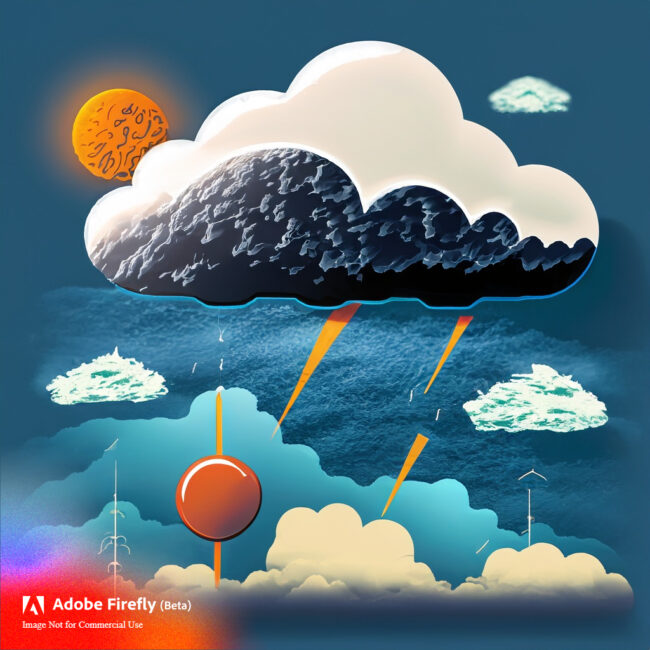How to start using weather reports? If you are preparing for a trip to different place for the first time, you will need to know everything about the
How to start using weather reports? If you are preparing for a trip to different place for the first time, you will need to know everything about the weather.
The most important reasons for using weather reports.
- To plan your day. Weather reports can help you plan your day by giving you an idea of what the weather will be like. For example, if you know that it is going to be hot outside, you can plan to do activities that will keep you cool. Or, if you know that it is going to rain, you can plan to bring an umbrella or stay indoors.
- To stay safe. Weather reports can help you stay safe by warning you about potential hazards, such as severe storms or flooding. For example, if you receive a weather alert for a severe storm, you can take steps to protect yourself and your property.
- To make informed decisions. Weather reports can help you make informed decisions by giving you information about the current and forecast weather conditions. For example, if you are planning a trip, you can use weather reports to determine the best time to travel and what to pack.
- To be prepared for the unexpected. Even if the weather forecast is accurate, there is always the possibility of unexpected weather. For example, a thunderstorm may develop unexpectedly. Weather reports can help you be prepared for the unexpected by giving you an idea of what to expect.

How to start using weather reports.
Here are some tips on how to start using weather reports:
- Choose a weather source. There are many different weather sources available, both online and offline. Some popular options include the National Weather Service (NWS), The Weather Channel, and AccuWeather. When choosing a weather source, consider the following factors:
- Accuracy: How accurate is the weather source?
- Ease of use: How easy is it to use the weather source?
- Features: What features does the weather source offer?
- Find your location. Once you have chosen a weather source, you need to find your location. The weather source will need to know your location in order to give you accurate forecasts. You can usually find your location by entering your zip code or city and state.
- Check the forecast. Once you have found your location, you can check the forecast. The forecast will tell you what the weather will be like in your area for the next few days. The forecast will typically include the following information:
- The current temperature
- The high and low temperatures for the day
- The chance of precipitation
- The wind speed and direction
- The humidity
- Use the forecast to plan your day. The weather forecast can help you plan your day. For example, if it is going to be cold outside, you might want to wear a coat. If it is going to rain, you might want to bring an umbrella.
- Stay informed about weather alerts. The weather source may also issue weather alerts. Weather alerts are issued when there is a potential for severe weather, such as a tornado or a hurricane. When you receive a weather alert, you should take the appropriate precautions.
Here are some additional tips for using weather reports:
- Check the forecast regularly. The weather can change quickly, so it is important to check the forecast regularly. You can usually check the forecast on the weather source’s website or app.
- Consider the time of year. The weather will vary depending on the time of year. For example, it will be warmer in the summer and colder in the winter.
- Consider your activities. The weather will also affect your activities. For example, if you are planning to go hiking, you will want to check the forecast to make sure it will not be too hot or too cold.
- Be prepared for the unexpected. Even if the weather forecast is accurate, there is always the possibility of unexpected weather. For example, a thunderstorm may develop unexpectedly. It is always a good idea to be prepared for the unexpected.
I hope these tips help you start using weather reports.
Thanks for the reading.
Manal Raafat
You might want to read about,
The Traveler’s Guide to Medications
Inspirational Stories: A Source of Hope and Motivation
What Wikipedia can tell you about culture tips.

COMMENTS